CBD Oil Vs. CBD Gummies: Which is Better?
Summarize
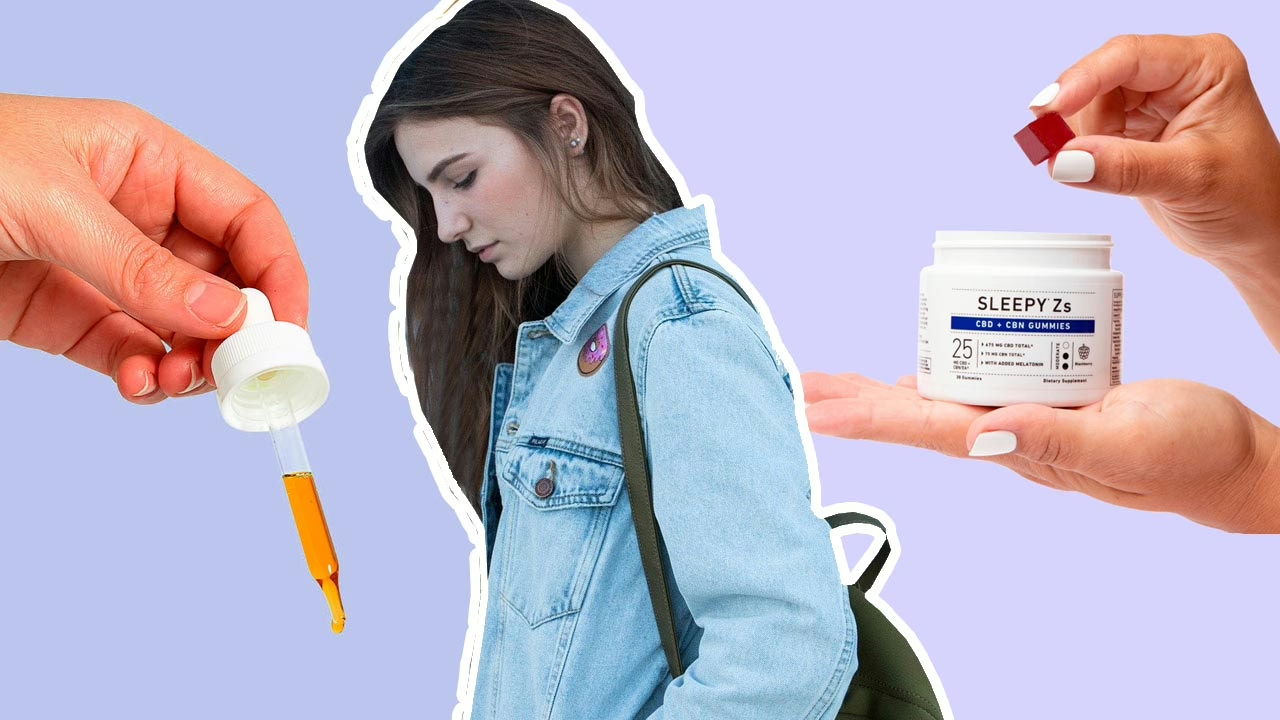
Today, there is a wealth of CBD products available, including CBD oil and CBD edibles, especially the popular CBD gummies. An ongoing debate concerns the differences between CBD gummies vs oil. Which is better, or are they the same in terms of delivering benefits?
The answer depends on the user’s needs and preferences because both offer a significant number of benefits. The following discussion reviews the features to consider when deciding which CBD products to buy.
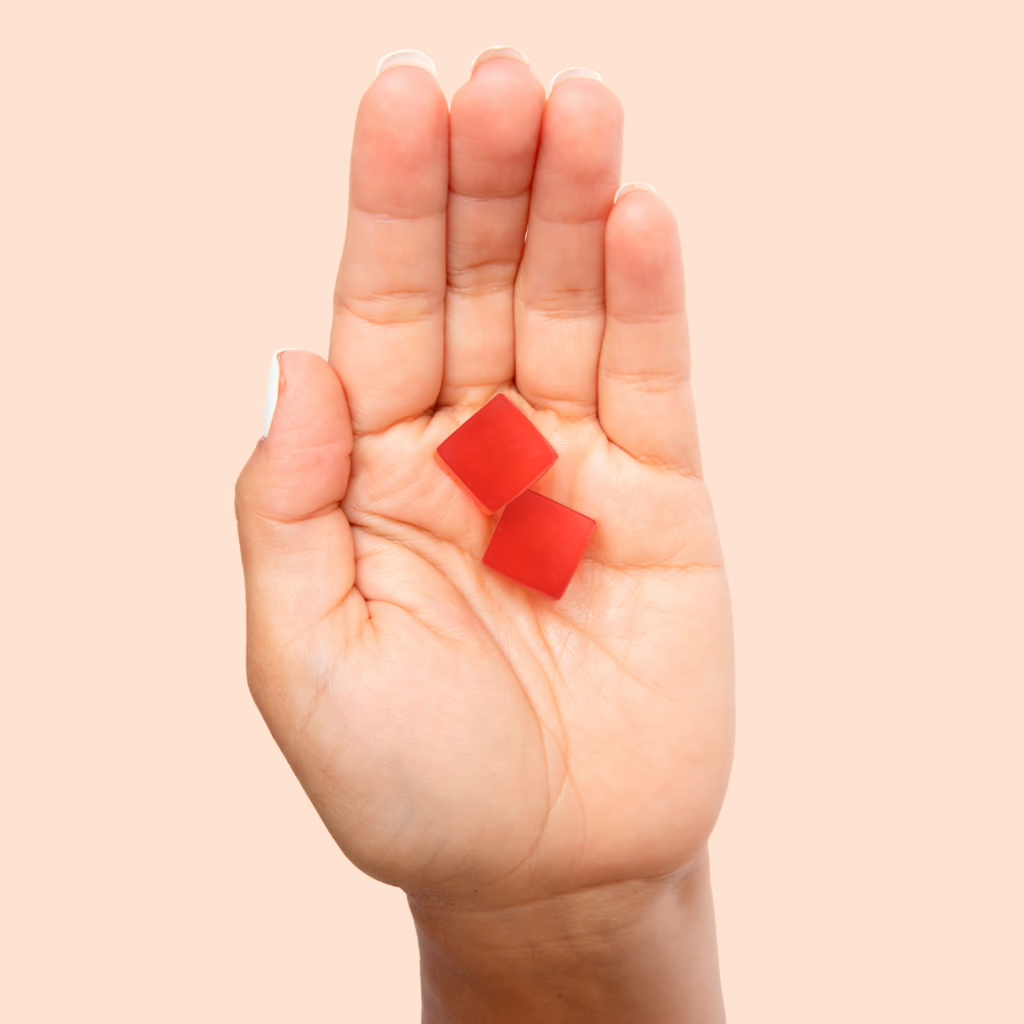
TL;DR (Too Long; Didn’t Read):
If you are experimenting with CBD and want to fine-tune your dose gradually, CBD oils offer more control, allowing you to increase or decrease dosages by a few drops at a time. They are also generally more cost-effective per milligram of CBD. But if your goal is simplicity, something you can take and forget about, gummies might be the better choice. Many people use both: oil for targeted or daytime use, and gummies for longer-lasting, overnight effects.
Table of Contents
CBD Gummies vs. CBD Oil: How They Differ?
Is CBD oil edible? CBD industry terminology can get confusing. Technically, CBD oil is edible, but the term “CBD edibles” usually refers to products like:
- CBD gummies
- CBD candies
- CBD lollipops
- CBD bars
- CBD-infused beverages, and many others.
CBD gummies are soft chewable candies that contain CBD oil. There is also CBD oil which is a product made by extracting CBD and other nutrients from the hemp plant, a variety of the cannabis Sativa plant. The hemp plant has almost no THC which is the element that creates the psychoactive high. CBD oil is either diluted with a carrier oil or used to make products like CBD gummies.
When deciding whether to use CBD oil or ingest CBD edibles, consider the following features.
1. Absorption Rate, Bioavailability and Duration
Bioavailability refers to the amount of CBD that reaches the bloodstream once a product is consumed. The absorption rate refers to the speed with which the CBD reaches the bloodstream.
CBD gummies are swallowed or ingested, and the uptake into the bloodstream can be a wide range of 4-20%. It can take anywhere from 30-120 minutes for the full effect of the CBD to be felt. Gummies must be processed through the digestive system, so it takes longer to experience the effects. The effects of CBD edibles can last from four to 12 hours. Several factors, including physical health, metabolism, stomach contents, and CBD potency, influence the duration of effects.
CBD oil tincture, that is placed under the tongue (sublingually), will take effect faster and has a higher bioavailability than edibles. However, the effects of tinctures taken sublingually usually last for a shorter time. CBD bypasses the digestive system and directly enters the bloodstream, so there is no gradual, steady release. CBD can take effect within 25 minutes. Bioavailability ranges from 12-35%. The effects of tinctures typically last about four hours.

2. Dosage, Strengths, and Volumes
CBD gummies are formulated in different potencies. These edible products may have from 10 mg to 200 mg of CBD per gummy or individual serving. When reading the label, a package of gummies may say it has 25 mg total of CBD or 1,500 mg (or more) total of CBD. That number refers to the total CBD in the package, and the package size (i.e., 30 counts or 100 counts) determines the total.
A dosage is one gummy, and you can eat one or more gummies each day. You will know how much CBD you consume because the label indicates the amount of CBD per gummy.
CBD oil also comes in a variety of potencies per dosage. Generally, anything over 30 mg per serving is considered high potency. There are high-potency CBD oil products on the market that have as much as 6000 mg of CBD per bottle! Like the CBD gummies, each oil bottle will indicate the total amount of CBD in the bottle.
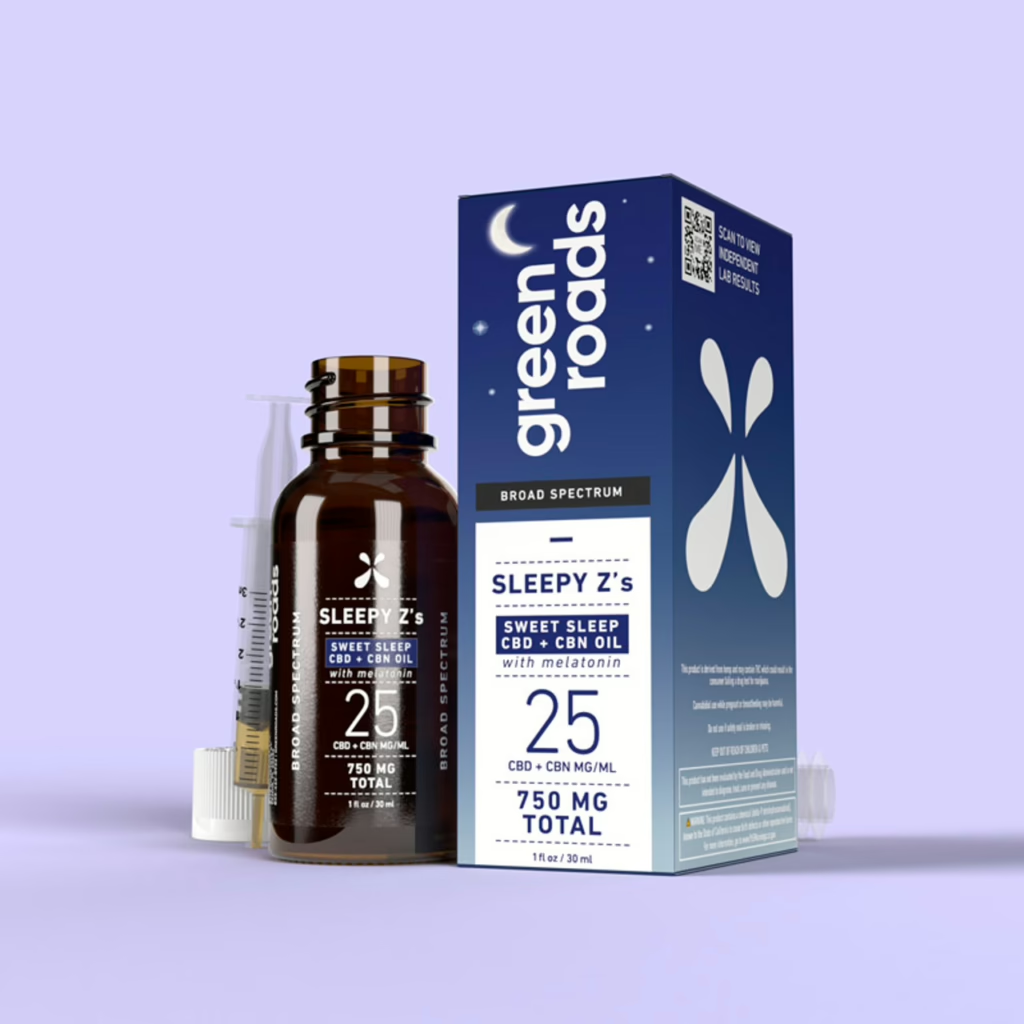
A single dosage of CBD oil depends on the strength of the product. The typical dose is 20-40 mg each, but some people may take less or more. The dosage is controlled by measuring drops in the dropper. One drop of CBD oil is approximately 0.05 milliliters. You can take one or a few drops to consume several milliliters. Most people consume approximately 40-160 milligrams in total per day.
The packages of CBD gummies and bottles of CBD oil should have clear labeling indicating the amount of CBD in the package, the CBD per dropper or gummy, and the recommended dosage.
3. Usage
CBD gummies are usually chewed, one or two at a time.
CBD oil is frequently administered via a dropper, which can pre-measure the dosage. A typical dropper holds 1 milliliter of CBD oil. You can decide how much CBD you want and adjust the amount placed in the dropper.
4. Cost
Product costs vary widely depending on the brand, size, potency, and type of CBD oil used. To compare costs, look at the price per serving instead of the total package or bottle price.
For example, a CBD gummy may cost $1.50 per serving, and the CBD oil may cost $0.75 per serving. You can also compare the price per 1 mg of CBD.
To know exactly how the prices for CBD products are set, check out this post: The Ultimate Buyer’s Guide for CBD Price.
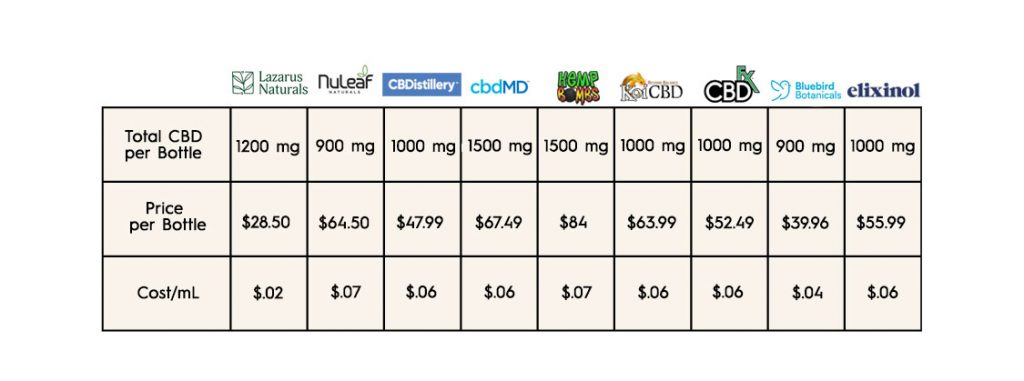
5. What Are They Made From?
CBD gummies are made with hemp-derived cannabinoid extract and ingredients like corn syrup, sugar, gelatin, pectin from fruits, and other ingredients for flavor and color. If you are vegan, buy CBD gummies without gelatin.
CBD oil is derived from the hemp plant, which has high concentrations of CBD but almost no THC. It is extracted from part or all of the hemp. The extract is then mixed with a base or carrier oil to dilute the CBD and make it absorb more easily. Base oils are oils like coconut oil and hemp seed oil.
6. Flavors and Taste
CBD gummies are sold in various flavors, such as orange, pineapple, raspberry, lemon, and even wine. They taste like candy, and some flavors are tropical fruit, sweet-and-sour, and sour.
CBD oil tastes earthy, and many people find it unpleasant. However, most CBD tinctures have flavoring, like coconut oil, mint, vanilla, and many others.
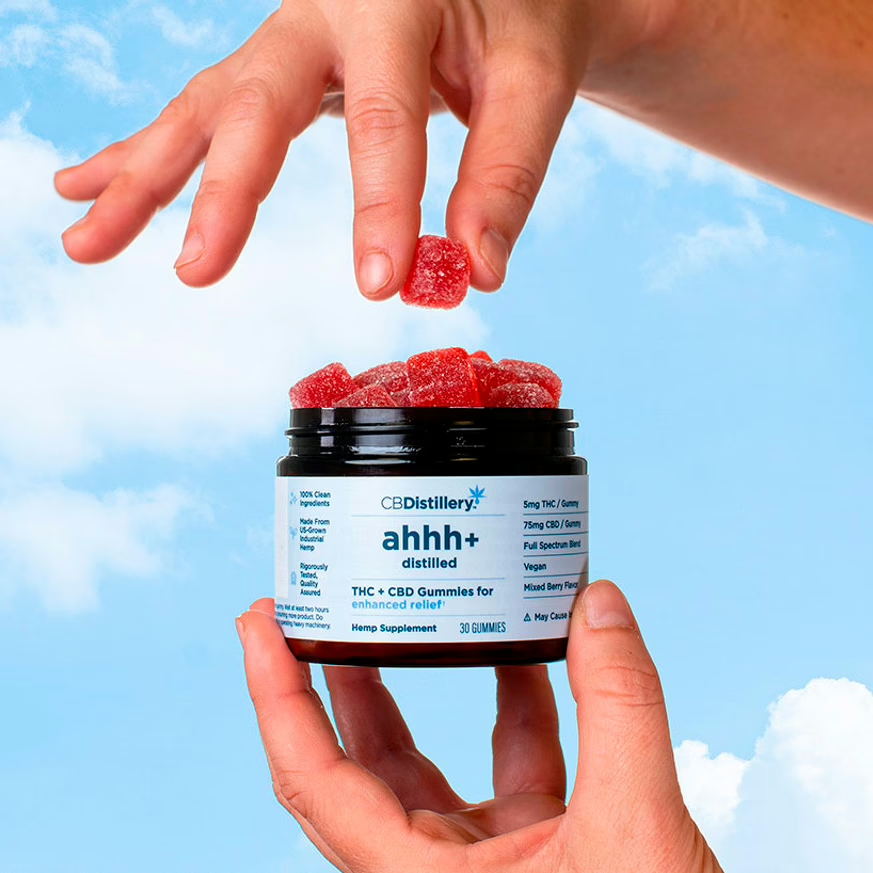
CBD Gummies vs. CBD Oil: What Do They Have in Common?
CBD gummies and CBD oil have a few things in common. They include:
- May contain CBD broad spectrum, CBD full spectrum, or CBD isolate
- Provides benefits like promoting wellness or a feeling of relaxation
- Easy to consume
- Can conveniently carry the products for consumption throughout the day
- CBD from hemp does not produce a high
- Individual dosage is easy to manage
- CBD gummy effects are similar to the oil effects
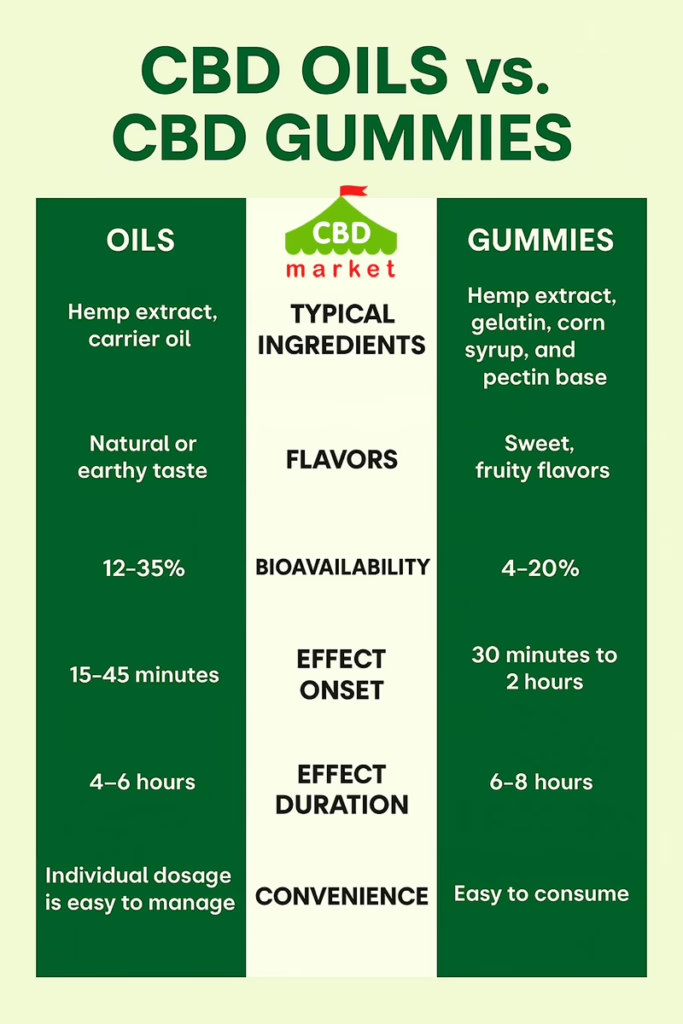
Choosing the Best Option for You
Choosing between gummies and tinctures begins with considering your lifestyle, wellness needs, preferences, and goals.
1. Lifestyle
When it comes to your lifestyle, the need for convenience probably plays a significant role. CBD gummies might fit more seamlessly into your routine than oils if you are constantly on the go, juggling a busy schedule or prefer a hassle-free option. They are discreet, pre-dosed and easy to carry—perfect for tossing into a bag or keeping at your desk. On the other hand, if you have a bit more time and do not mind measuring out your dose, CBD oils (especially sublingual tinctures) give you flexibility and control, making them a good fit for people with more structured wellness routines or those who enjoy customizing their supplement intake.
2. Wellness needs
Your wellness needs can also help determine which form is better. CBD oils work faster if you are looking for quicker effects because they are absorbed directly into your bloodstream when taken sublingually (under the tongue). Edibles, by contrast, take longer to kick in since they have to pass through your digestive system. However, the effects tend to last longer, making them a great option for purposes like promoting relaxation throughout the day or before going to bed.
3. CBD spectrum
Understanding the spectrum is crucial when choosing the right CBD product. There are three spectrums. Full spectrum CBD contains all the cannabinoids, some THC, terpenes, flavonoids, and other plant compounds. If you prefer to avoid taking THC, broad spectrum CBD is a suitable option. It contains everything that full spectrum CBD does, except that the THC is removed during processing. The broad spectrum products are either THC-free or contain only a trace. Isolate CBD, on the other hand, contains only CBD and no THC or other cannabinoids.
4. Personal preferences
Your personal preferences also play a significant role in choosing between oils and gummies. Some individuals may not appreciate the taste of oil, even with added flavoring. In that case, CBD edibles offer a variety of tasty alternatives like gummies and candies. CBD gummies are particularly popular because they taste like regular candy and are easy to consume. However, CBD oils, especially unflavored or minimal-ingredient versions, might be the best choice if you prefer to avoid additional ingredients. CBD oils can also be added to smoothies, tea, or food, providing creative ways to incorporate them into your daily routine.
5. Personal goals
If you are experimenting with CBD and want to fine-tune your dose gradually, CBD oils offer more control, allowing you to increase or decrease dosages by a few drops at a time. They are also generally more cost-effective per milligram of CBD. But if your goal is simplicity—something you can take and forget about—edibles might be the better choice. Many people use both: oil for targeted or daytime use, and edibles for longer-lasting, overnight effects.
Combining Gummies & Tinctures
There are two aspects to a CBD synergistic effect, also called the entourage effect. One is that the cannabinoids, terpenes and flavonoids in full and broad spectrum CBD products produce a greater effect by working together than they would alone.
The second type of synergy refers to integrating different types of CBD products into a wellness routine. One way to achieve this synergy is to incorporate gummies and tinctures into your daily plan. How you include both product forms depends on your personal situation and needs.
For example, if you take CBD because it helps you manage mental discomfort, consuming a CBD gummy in the morning and a couple of times throughout the day may have a calming effect. The effects of CBD gummies last longer than tinctures and are easy to carry with you, so they are always handy. In the evening at home, you can take a dose of CBD tincture to promote relaxation several hours before going to sleep and consume gummies or another dose of CBD oil at bedtime to increase sleep quality and duration.
In another example, CBD tincture is ideal when you want precise dosing for a designated time. Then you can enjoy a flavorful gummy when the last of the CBD tincture effects wears off. You may choose to combine full spectrum gummies with broad spectrum CBD oil, or a high-potency CBD tincture with a low-potency CBD gummy.
There are many ways to combine gummies and tinctures to maximize the effects of CBD and promote wellness. Some people consume these products at the same time. They like the faster effects of CBD tincture and the flavor and extended relief that CBD gummies deliver. If you combine CBD tincture and CBD gummies at the same time, it is important to monitor how much CBD you are taking to ensure you do not consume too much. It is also important to know how much CBD you consume throughout the day.
Share this post


Shirley Atkinson
I love CBD gummies. They are both relaxing due to CBD and boost your mood as they are sweet and yummy. Oils are nice too, you can use them for baking.
Stacy Fibrow
How to figure the amount of CBD Oil per gummy? I’ve heard that the larger numbers per package, are the #’s of servings x the # of milligrams. For example: There’s 60 servings, at 750ml. Do I divide 60 into 750? Or is it broken down to 25ml. per 1 serving or is it, 12.15ml. Per serving? Or even easier, when it’s stated 750 mil. or 3,000 or 1500, each serving would be 25, 30, or 50ml. Is either of these methods correct?
Michael Levin
Hi Stacy,
Thank you for your question!
Firstly, CBD content is always measured by weight, in milligrams (mg) and not by volume, measured in milliliters (ml). If you buy a bottle of gummies containing 60 servings with a total CBD content of 750 mg, then one serving size is 12.5 mg of CBD (750 mg is divided into 60 servings).
Remember that serving size indicates how many of the units (gummies or capsules) need to be consumed in a day. Product labels will provide serving size and the number of servings in the container. To learn more about figuring out CBD potency, check out this post: How to Calculate CBD Content?
Stacy Fibrow
Oh, I guess I forgot.lol I guess the cbd gummy’s did have an effect. Great product!